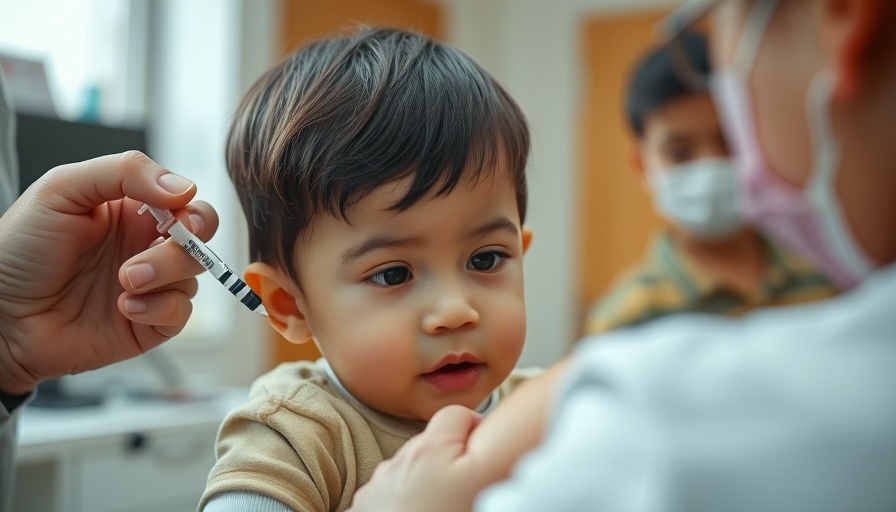
Understanding the Latest Report on Childhood Health
A recent report from the commission led by Health Secretary Robert F. Kennedy Jr. has stirred controversy and raised important questions about the state of American health, especially concerning children. Titled simply “Childhood Health: A New Direction,” the report offers a mix of familiar proposals and new initiatives aimed at improving public health. Yet, it has drawn criticism for its perceived lack of depth, with experts noting that it often reiterates previous commitments without clear implementation strategies.
Key Recommendations: What You Need to Know
The report outlines several recommendations that are pivotal to understanding its stance on childhood health. Here are six key takeaways:
- Soft Stance on Pesticides: Kennedy has a long history of opposing agricultural chemicals. However, the report is criticized for being less stringent in its recommendations. It pledges to define ultraprocessed foods and suggests that current pesticide regulations need strict re-evaluation, emphasizing the need for additional scientific studies.
- Ultraprocessed Foods: There’s a promise to delineate what constitutes ultraprocessed foods and launch public awareness campaigns surrounding their health implications. This commitment may lead to better nutritional information reaching families, particularly emphasizing healthier diets for children.
- Infertility Training Centers: One of the report’s more unusual proposals includes initiating “infertility training centers.” This suggests a growing concern about reproductive health and aims to provide educational resources to combat trends in infertility.
- Research and Public Awareness: The plan calls for increased research into various health issues affecting children, including mental health components and the impacts of childhood obesity. It envisions enhancing public awareness campaigns that could engage communities better.
- Cross-sector Collaboration: Kennedy's team is advocating for interdisciplinary collaboration between agricultural and health sectors to tackle food-related health issues effectively. The report emphasizes the interconnection between what children eat and their overall development.
- Regulatory Framework: Although the report initiates much-needed conversations about health, it lacks clarity on how the proposed regulations will be enforced, leading to skepticism about the effectiveness of these recommendations.
The Controversy: Depth vs. Vagueness
The report has faced scrutiny over its ambitious goals versus its vague implementation plans. Critics argue that while the intention may be noble, without actionable strategies, much of this discourse could simply become political rhetoric. Public health experts have raised concerns that the administration’s priorities might overshadow substantive change.
Social Implications and the Role of Awareness
The conversation around childhood health is not just about policies and regulations—it's about the lives impacted by these decisions. The lack of clear guidelines and follow-through suggests a missed opportunity for real change, which is vital as many families struggle with nutritional challenges and health issues that stem from poor dietary habits.
Where Do We Go From Here?
As we await further developments, stakeholders and citizens must engage critically with this report and advocate for rigorous scientific research to bolster the recommendations made. Policymakers and health advocates should focus on ensuring that initiatives translate into action rather than being mere proposals that fade away.
Final Thoughts
As this report reflects on childhood health, it raises more questions than it answers. Moving forward, the hope is that with effective advocacy, the dialogue around health can turn into actionable change that genuinely enhances the well-being of children across the nation. Understanding these topics not just empowers parents and educators but signifies an overall shift toward a healthier future for the next generation.
 Add Row
Add Row  Add
Add 




Write A Comment